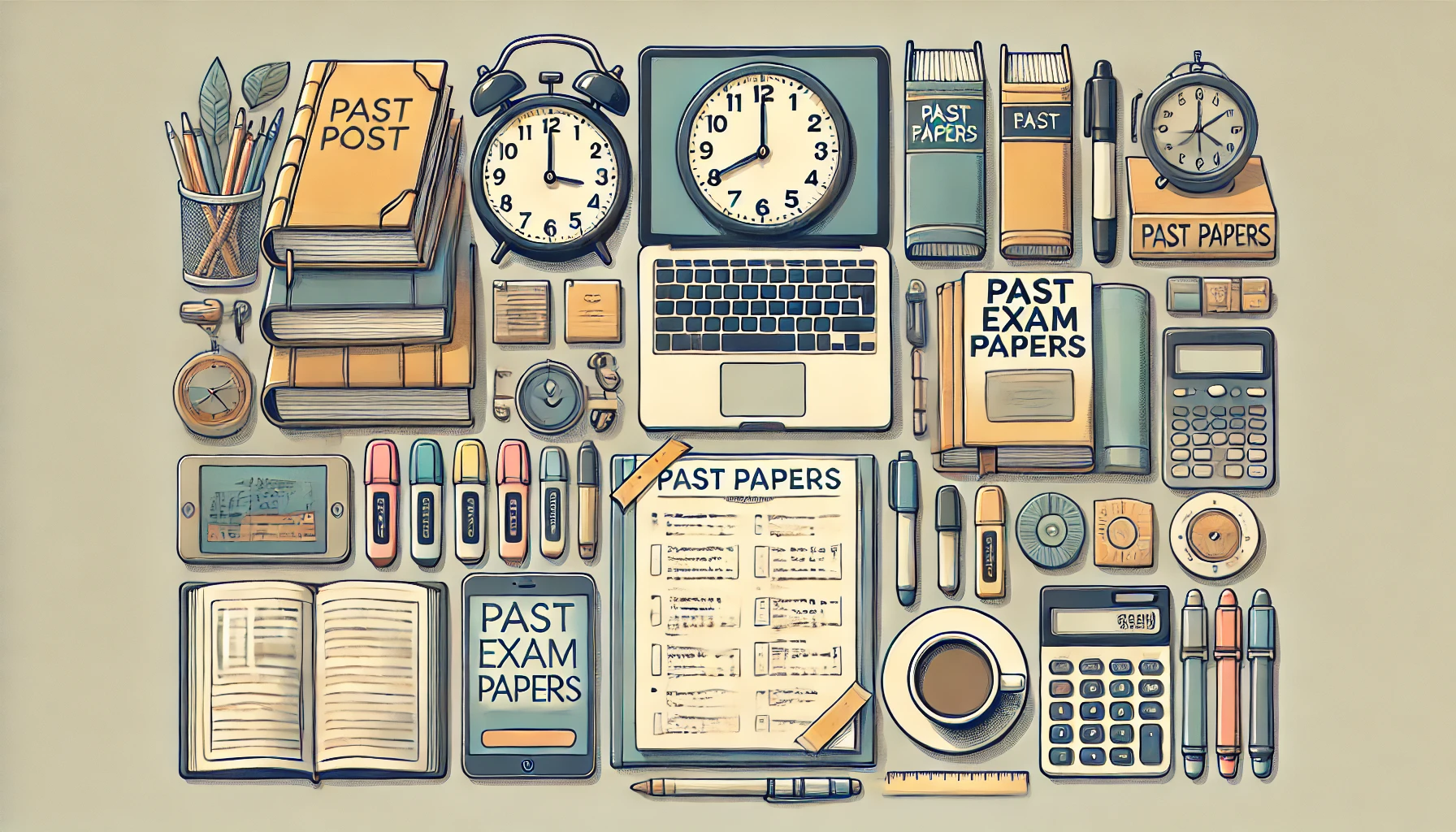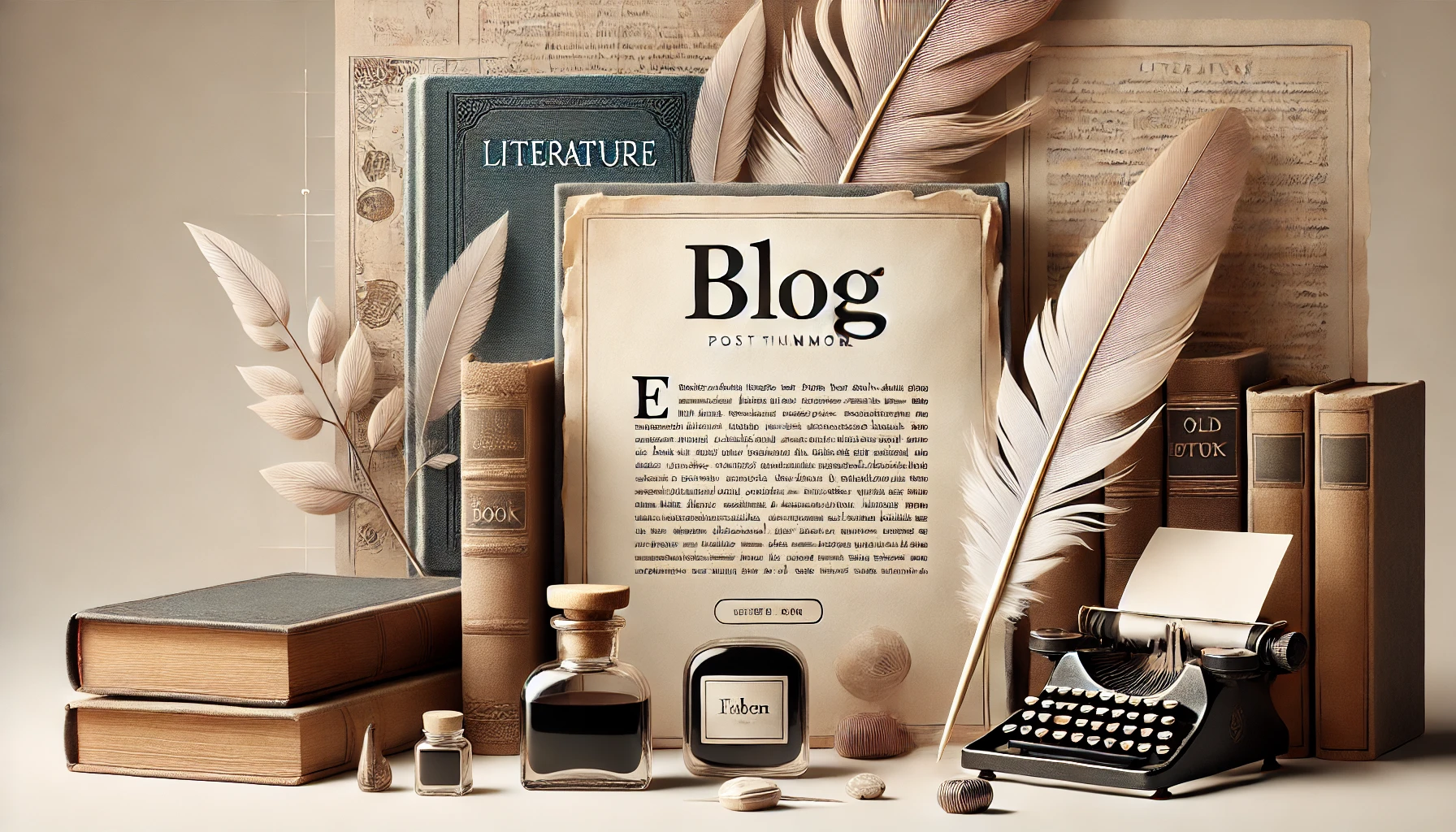

Although Chemistry is one of the most popular subjects, it is notoriously had with a heap of content which takes a deep mastery to learn. We interview one of our top Chemistry tutors, Inès, about her experience in Chemistry and how she got a 7.
Ines graduated from St. Leonard’s College in Melbourne in 2024 and achieved a 45. She is going to study Law at the University of Oxford.
What score did you achieve in IB Chemistry?
I achieved a grade of 7 in Chemistry HL.
How did you study for IB Chemistry? What techniques did you use to study?
I started by consolidating all my notes – combining what my teacher gave us with textbook information, then cross-checking it all with the syllabus to make sure I wasn’t missing anything. But I didn’t just read my notes – I’d either try to explain concepts out loud (which feels awkward at first but really works), or use the blurting technique: take a blank sheet, write down everything I could remember about a topic, then go back and fill in what I missed.
After that, I’d start with simpler practice questions to get a solid grasp on the basics, then gradually move onto harder ones. I also made sure to come back and review topics regularly, especially before tests and exams.
Explore the essentials of IB Chemistry in this blog, blending theory and practice to provide a comprehensive understanding for students embarking on this engaging and dynamic academic journey.
What is your advice for Chemistry students for the IA?
For personal engagement marks, pick a topic you actually care about – something thatinterests you or you find fun. But personal engagement isn’t just about the topic. It’s alsoabout how you present your work: creatively laying out your ideas, doing a bit of extraresearch to help explain any trends (or lack of trends), and pulling in external sources ordata that back up what you’re seeing.
Also, don’t underestimate the importance of detail and presentation – this is where the communication marks come in. Make sure your graphs look clean, are easy to read, and have proper, specific axis labels with units. Use the right citation style in your bibliography.D on’t let tables get split over two pages. Structure your paragraphs in a way that makes your discussion easy to follow. These marks are usually really attainable – and they matter more than you might expect.
Basically, make your work as easy to read and understand as possible. If there’s a specifictrend or idea you want your reader to see, make it obvious. Add a trendline. Change thecolour of an outlier. Use formatting to draw attention where it matters.
And when you’re evaluating – or even when you’re listing controlled variables – consider using a table. It can be a super clear way to explain things like systematic vs. random errors and how you’d minimise them. Again, it’s all about making your thinking easy to follow.

What is your advice for Chemistry students for the end of year exams?
Do tons of practice papers and questions under timed conditions. Obvious, yes – but genuinely essential. It’s the best way to make sure you’re prepared for the kinds of questions you’ll actually be assessed on, and it massively helps with time management(especially once you start recognising common question styles). For chemistry especially,IB loves to repeat question types – same format, just with different values or slightly tweaked scenarios.
Secondly, before exams, go through the official IB syllabus properly. Either highlight as you go or make a checklist of every single point you need to know for each topic, and make sure you have a solid grasp of all of them. There are always bits you didn’t fully cover in class or things you might’ve zoned out for, and it’s so important to know exactly what you’re expected to know. The syllabus for chemistry is super detailed and specific – which actually makes it easier to use as a checklist.
Do you have any resources that you would recommend?
I used Revision Village a lot – they’ve got lots of extra practice questions, and they often mirror IB-style questions really well. Plus, their videos for Paper 1 (Multiple Choice) are really helpful, especially since IB mark schemes for MCQs don’t contain any explanation –and Revision Village walks through each answer step-by-step. I also dipped into other IB textbooks beyond the one we used in class to find different questions and explanations,which helped me see concepts from a few angles.
❗Top IB Tutors has a partnership with Revision Village. If you want a tutor who has access to Revision Village, please complete an application today.
What separates an average student from a good student from a great students in IB Chemistry?
An average student has a fairly good understanding of the topics outlined in the syllabus. They can answer most questions but not all, and struggle on the harder ones. A good student really understands the whole syllabus. IB Chemistry is designed to test you across all topics – and all three papers pull from different parts of the syllabus. So while it’s smart to work on weaker topics, you can’t let your stronger ones slide. It’s all about balance and seeing how everything connects.
But it’s not just about knowledge – it’s about application. Great students don’t just know facts; they practise under exam conditions, time themselves, and train themselves to think fast. Paper 1 especially can be a time crunch. And here’s what I think really makes the difference between a good and a great student: being able to link ideas between topics.Chemistry problems often combine multiple strands – stoichiometry with equilibrium, energetics with bonding, etc. The best students learn to look at one chemical situation from multiple perspectives and work flexibly across topics. That kind of thinking enables you to think critically and creatively in an exam (which is necessary as questions will often test your understanding of multiple topics at once).
How did you balance study with the rest of your life in the IB DP?
For me, it was all about working smart, not just more. I avoided dragging out study sessions – I’d rather do one super-focused 90-minute block than waste three hours half-scrolling and pretending to work. That way, I actually had time to relax, see friends, or do other things without constantly feeling guilty or behind. I also made sure to schedule study blocks rather than just vaguely deciding to “study later” – it really helped keep me consistent without burning out.





